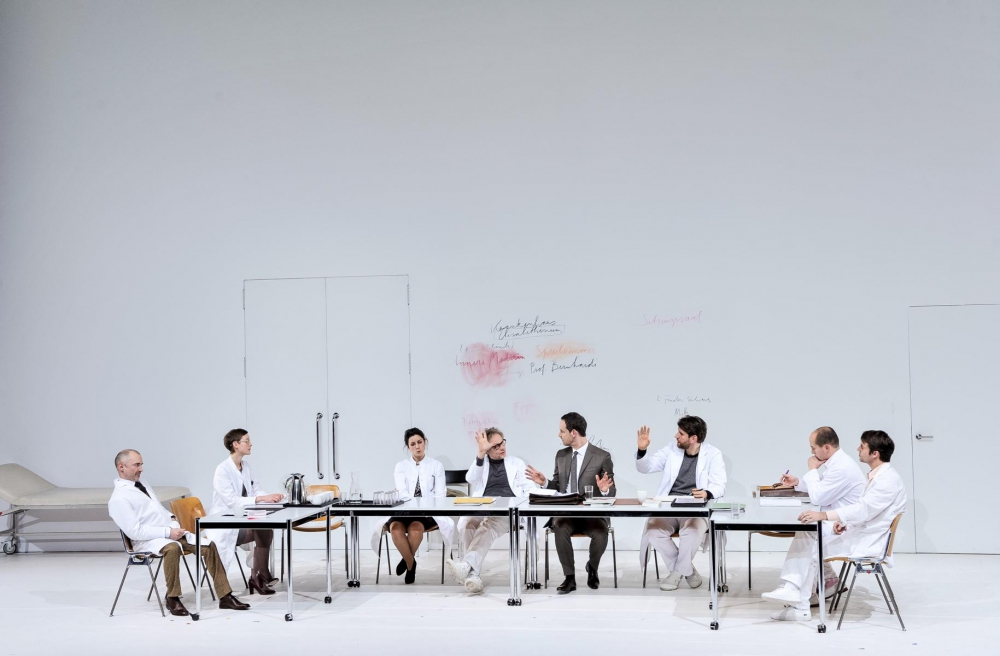A piece of advice echoed by many of my mentors was - be a sponge. Starting off a new experience, it can be very crucial to absorb and retain as much information as possible. To accomplish this task one has to soak up the knowledge surrounding them, much like a sponge soaks up water around it, transforming the self into a repository for new information.
But what good is a saturated sponge?
A sponge soaked in water is incapable of storing more of it, much like a person exposed to a certain flavor of knowledge who, whether with or without intent, ignores the rest. The sponge issue can be dealt with by wringing out the water, but wringing a human being will surely get you in trouble with your local law enforcement (if not worse). Luckily, this is where unlearning comes in.
During wrestling practice in high school, I remember my coach mentioning how we had to be broken down and built back up like wrestlers. A similar message was repeated in my U.S. History class - our minds had become too accustomed to a certain pattern of thought and change was necessary. In both these instances, I had no idea how or what I learned that would cause such a hindrance. I did not realize learning was a process initiated both voluntarily and involuntarily.
While lifelong learning is of great importance, so is lifelong unlearning. I do not say this out of concern for our memory, as the memory capacity of a human brain is around 2.5 petabytes, enough to hold 3,000,000 hours of TV shows. The concern arises because information we retain can prevent us from comprehending and appreciating new information. A simple example would be the following:

My concern with unlearning re-appeared during the first play we watched in Berlin - Arthur Schnitzler’s Professor Bernhardi. The play had blown me away. The incorporation of live video feed in the play combined with my curiosity in the unknown (to me) German language kindled an unfamiliar excitement in me. Despite this, I could not help but think of what I missed out on. Was I able to unlearn the engineering tendency to search for a fixed answer in order to appreciate the uncertainties of the play? I do not know. What I do know is that, as long as I can keep myself hungry for knowledge and new experiences, I will eventually get the hang of it. For now, I will only concern myself with two things: fine dining and breathing.
But what good is a saturated sponge?
A sponge soaked in water is incapable of storing more of it, much like a person exposed to a certain flavor of knowledge who, whether with or without intent, ignores the rest. The sponge issue can be dealt with by wringing out the water, but wringing a human being will surely get you in trouble with your local law enforcement (if not worse). Luckily, this is where unlearning comes in.
During wrestling practice in high school, I remember my coach mentioning how we had to be broken down and built back up like wrestlers. A similar message was repeated in my U.S. History class - our minds had become too accustomed to a certain pattern of thought and change was necessary. In both these instances, I had no idea how or what I learned that would cause such a hindrance. I did not realize learning was a process initiated both voluntarily and involuntarily.
While lifelong learning is of great importance, so is lifelong unlearning. I do not say this out of concern for our memory, as the memory capacity of a human brain is around 2.5 petabytes, enough to hold 3,000,000 hours of TV shows. The concern arises because information we retain can prevent us from comprehending and appreciating new information. A simple example would be the following:

My concern with unlearning re-appeared during the first play we watched in Berlin - Arthur Schnitzler’s Professor Bernhardi. The play had blown me away. The incorporation of live video feed in the play combined with my curiosity in the unknown (to me) German language kindled an unfamiliar excitement in me. Despite this, I could not help but think of what I missed out on. Was I able to unlearn the engineering tendency to search for a fixed answer in order to appreciate the uncertainties of the play? I do not know. What I do know is that, as long as I can keep myself hungry for knowledge and new experiences, I will eventually get the hang of it. For now, I will only concern myself with two things: fine dining and breathing.
No comments:
Post a Comment